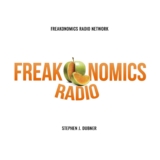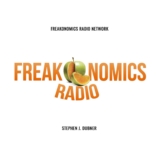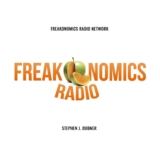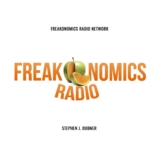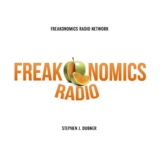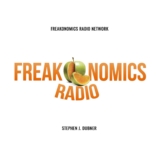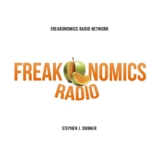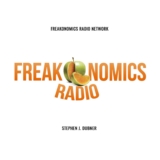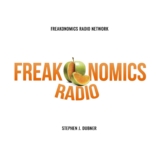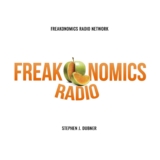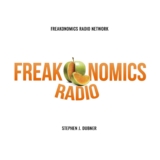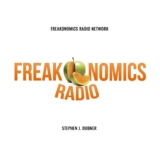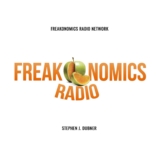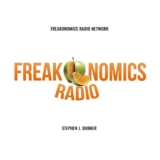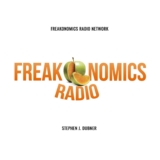In one of the earliest Freakonomics Radio episodes (No. 39!), we asked a bunch of economists with young kids how they approached child-rearing. Now the kids ...
Arthur Brooks is an economist who for 10 years ran the American Enterprise Institute, one of the most influential conservative think tanks in the world. He has ...
Breaking news! Sources say American journalism exploits our negativity bias to maximize profits, and social media algorithms add fuel to the fire. Stephen ...
Verbal tic or strategic rejoinder? Whatever the case: it’s rare to come across an interview these days where at least one question isn’t a “great” one.
The N.B.A. superstar Chris Bosh was still competing at the highest level when a blood clot abruptly ended his career. In his new book, Letters to a Young ...
The U.S. is an outlier when it comes to policing, as evidenced by more than 1,000 fatal shootings by police each year. But we’re an outlier in other ways too: ...
Among O.E.C.D. nations, the U.S. has one of the highest rates of child poverty. How can that be? To find out, Stephen Dubner speaks with a Republican senator, ...
When Richard Thaler published Nudge in 2008 (with co-author Cass Sunstein), the world was just starting to believe in his brand of behavioral economics. How ...
That’s what some health officials are saying, but the data aren’t so clear. We look into what’s known (and not known) about the prevalence and effects of ...
In a conversation fresh from the Freakonomics Radio Network’s podcast laboratory, Michèle Flournoy (one of the highest-ranking women in Defense Department ...
Humans have a built-in “negativity bias,” which means we give bad news much more power than good. Would the Covid-19 crisis be an opportune time to reverse ...
Air pollution is estimated to cause 7 million deaths a year and cost the global economy nearly $3 trillion. But is the true cost even higher? Stephen Dubner ...
While other countries seem to build spectacular bridges, dams, and even entire cities with ease, the U.S. is stuck in pothole-fixing mode. We speak with an ...
The environmentalists say we’re doomed if we don’t drastically reduce consumption. The technologists say that human ingenuity can solve just about any problem. ...
According to a decades-long research project, the U.S. is not only the most individualistic country on earth; we’re also high on indulgence, short-term ...
We often look to other countries for smart policies on education, healthcare, infrastructure, etc. But can a smart policy be simply transplanted into a country ...
The benefits of sleep are by now well established, and yet many people don’t get enough. A new study suggests we should channel our inner toddler and get 30 ...
Nearly two percent of America is grassy green. Sure, lawns are beautiful and useful and they smell great. But are the costs — financial, environmental and ...
Bren Smith, who grew up fishing and fighting, is now part of a movement that seeks to feed the planet while putting less environmental stress on it. He makes ...
Cecilia Rouse, the chair of the White House Council of Economic Advisors, is as cold-blooded as any economist. But she admits that her profession would do well ...
- « Previous Page
- 1
- …
- 13
- 14
- 15
- 16
- 17
- …
- 25
- Next Page »


